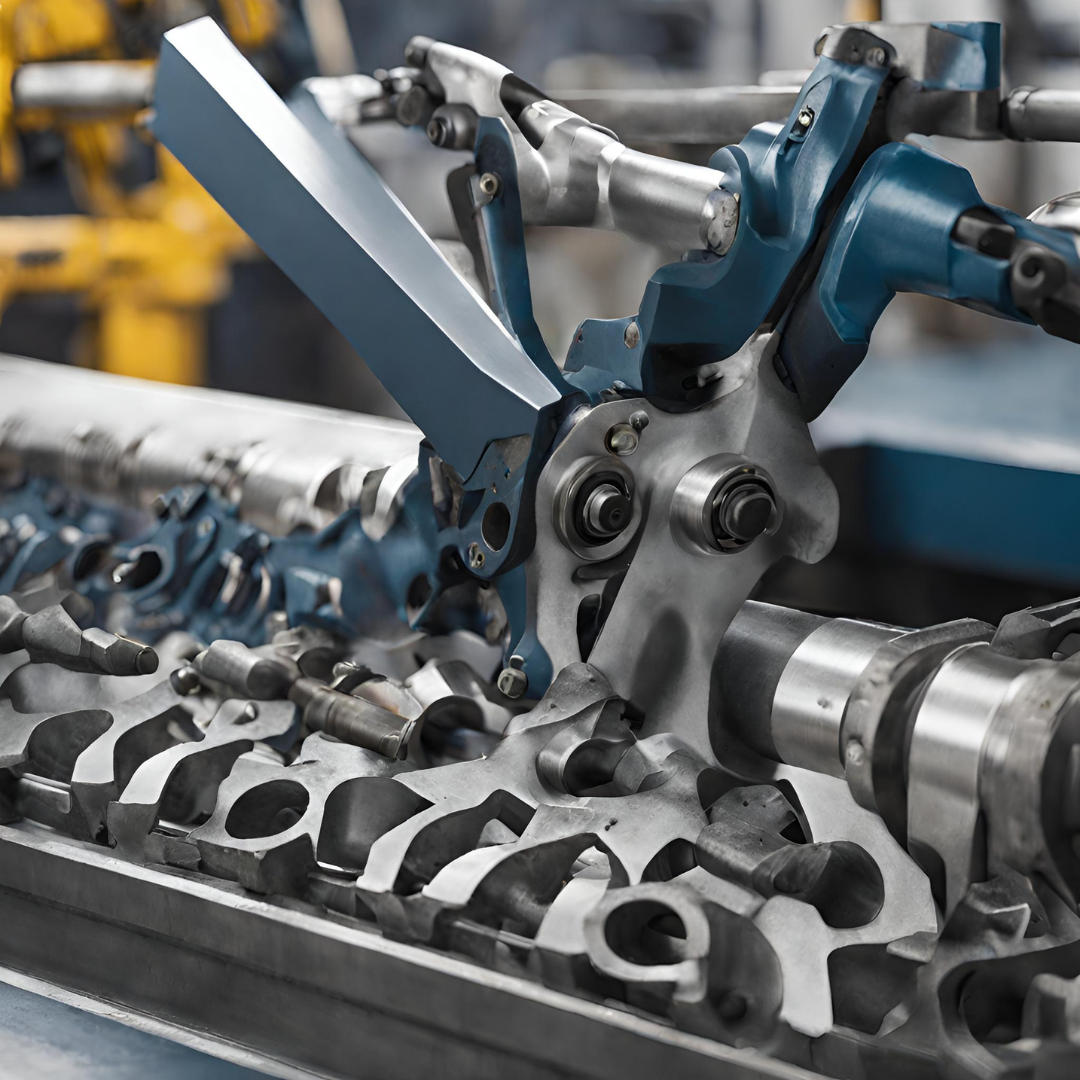Navigating the complex world of law and its innumerable intricacies is often a daunting task. This rings true whether you’re a seasoned legal professional, a budding law student, or a business owner entangled in the legal web. However, tucked within law firms and legal departments, a crucial role has been gaining prominence – that of the principal paralegal. This unsung hero of the legal world plays a pivotal part in ensuring the machinery of justice runs smoothly and efficiently.
In this comprehensive guide, we’ll unravel the significance of principal paralegals, shed light on their distinctive role in the legal domain, and explore the path to becoming one or employing one.
What is Principal Paralegal?
A principal paralegal is the anchor of many legal teams. Beyond merely supporting attorneys, they are responsible for strategic oversight of a project, managing caseloads and deadlines, and often act as a direct point of contact with clients. This role is not a standardized position; its definition and responsibilities can vary depending on the firm, area of law, and the individual’s experience and expertise. Historically, the principal paralegal evolved from the traditional paralegal role, marking a shift from a supportive function to one more focused on leadership and management within legal teams.
The Historical Context
The term “principal paralegal” began to emerge in the early 2000s, coinciding with the increased recognition of the paralegal profession. The idea of a paralegal taking on a more principal role was an acknowledgement of the advanced skills and responsibilities paralegals were capable of.
Key Functions and Responsibilities
A principal paralegal is often entrusted with a degree of autonomy and decision-making relative to the case at hand. They may be accountable for draft agreements, conduct research, and ensure that all the necessary documents and evidence are in order, sometimes even taking the lead in court appearances or client meetings.
Across Legal Settings
In a corporate legal department, a principal paralegal might counsel on the establishment of new contracts, while in a criminal defense law firm, their role could involve more investigative work and client interaction. What remains constant is their comprehensive support and at times, leading, role in the legal proceedings.
The Role of Principal Paralegal in Legal Practice
Principal paralegals are indispensable in modern legal practice. They do much more than assist lawyers; they enable legal professionals to focus on the more nuanced, advisory aspects of their cases.
Support for Attorneys and Law Firms
By proficiently managing case workloads, conducting detailed research, preparing for trials, and sometimes offering a deep knowledge of specific legal areas, principal paralegals are a firm’s assistant that can help create a competitive edge.
Case Management and Execution
Their deep involvement in case management ensures a meticulous approach to meeting deadlines, preparing documents, and maintaining client communications. This, in turn, significantly contributes to the firm’s operational efficiency and overall success.
Principal Paralegal vs. Traditional Paralegal
Understanding how principal paralegals differ from their traditional counterparts is vital for both aspiring paralegals and legal entities seeking to optimize their workforce.
Comparing Roles and Responsibilities
A traditional paralegal typically focuses on tasks that support lawyers in their day-to-day work, such as maintaining and organizing large volumes of documents, conducting preliminary case research, and preparing standard legal forms and documentation. On the other hand, a principal paralegal takes on a more comprehensive and strategic role in overseeing the execution of legal work, often managing a team of paralegals and legal secretaries.
Skills and Career Paths
The career path of a principal paralegal often involves more extensive training and education, as well as a greater emphasis on developing leadership and management skills. While both traditional and principal paralegals require a solid foundation in legal principles, the principal paralegal leverages this knowledge to deliver more substantial contributions to legal projects.
Qualities and Skills of an Effective Principal Paralegal
For those aspiring to excel in this advanced paralegal role, a specific set of attributes is required.
Analytical and Organizational Skills
The ability to analyze complex legal issues and scenarios, coupled with a strong sense of organization, ensures that a principal paralegal can handle the rigor and demands of high-stakes legal work.
Legal Technology and Research Proficiency
Proficiency in the latest legal technologies is crucial for conducting efficient research and managing the technological aspects of legal cases, from e-discovery to digital evidence presentation.
Communication and Leadership Aptitude
Effective communication and leadership skills are paramount, particularly when leading legal teams or directly engaging with clients and stakeholders. A principal paralegal must be able to articulate complex legal jargon in a clear and concise manner, both internally and to external parties.
Becoming a Principal Paralegal
The path to becoming a principal paralegal is a mix of education, experience, and professional development.
Educational Prerequisites
Most principal paralegals have a bachelor’s degree in paralegal studies, legal studies, or a related field. Some may also have pursued post-baccalaureate studies to acquire specialized knowledge in a particular area of law.
Professional Development
Gaining relevant work experience as a traditional paralegal within a specific area of law is typically the first step towards the principal role. This is often complemented by obtaining relevant certifications and staying abreast of legal industry updates and best practices.
Advancing to a Principal Paralegal Position
Transitioning to a principal paralegal position may involve expressing the desire for more responsibility, seeking out opportunities within a firm, or even being scouted by colleagues or employers who recognize potential and aptitude.
The Future of Principal Paralegals
With the legal landscape evolving, so too will the role of the principal paralegal.
Technological and Industry Impacts
Advancements in legal technology, such as artificial intelligence for contract review, or online research databases, will continue to shape how principal paralegals carry out their work. Adaptability will be key for those looking to thrive in this changing environment.
Emerging Trends
On the horizon are trends such as a greater focus on data privacy law and an increased need for principal paralegals with expertise in this area. There may also be a growing demand for remote or virtual principal paralegals, reflecting the broader shift towards flexible work arrangements in the legal field.
Conclusion
The principal paralegal role is crucial to the functioning and success of modern law firms and legal departments. Those who embody the qualities and conviction to excel in this role will find a challenging and rewarding career that offers opportunities for impact and professional fulfillment. For legal professionals and business owners, recognizing the value of principal paralegals and understanding how to leverage their skills will be instrumental in navigating the complexities and challenges of today’s legal environment. Whether you’re charting your path in the legal field or seeking to augment your legal team, the principal paralegal concept is one that cannot be overlooked. It stands as a bridge to a more effective, resourceful, and innovative legal practice, and it’s time to step onto it.
